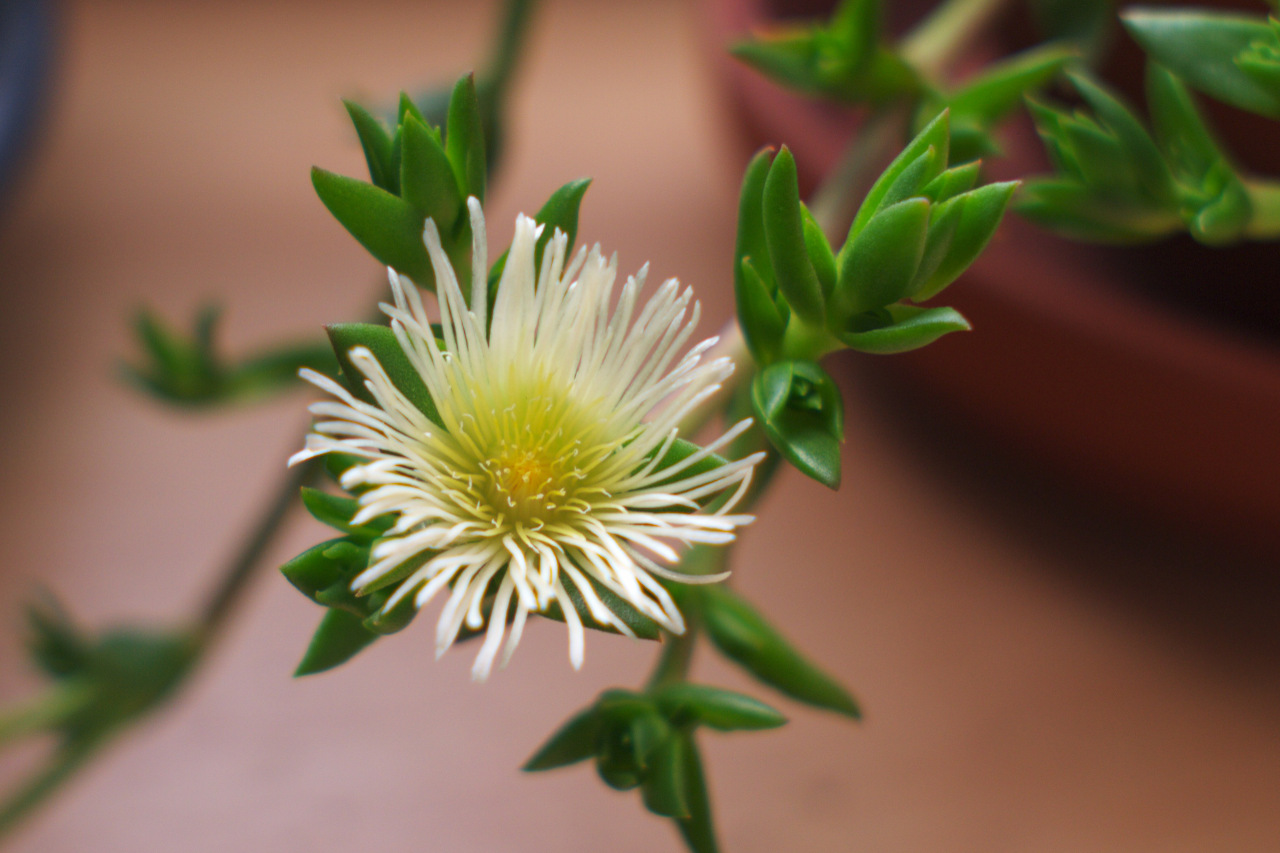Description
History of Kanna in South Africa
Written accounts of the Kanna date back to 1662 when Jan van Riebeeck learned about the plant’s mood-altering properties from the local Khoisan. Twenty years later Simon van der Stel writes about the two inhabitant tribes the Khoi-Khoi and the San chewing a plant called Kanna being gathered from the surrounding hills and prepared by bruising the roots and stem between two rocks then storing the plant in sheepskin. To the Khoi-san Kanna is used in traditional rainmaking, healing and trance ceremonies from prehistoric times.
Dr. Nigel Gericke, South Africa’s foremost researchers into Kanna says that Sceletium tortuosum is possibly one of the oldest mood-altering substances known to man, and may very well have played a role on the evolution of our human consciousness.
Preparation of Kanna
Kanna can be made into tea, extract, snuff, vape juice, smoking (tobacco) but is just as effective when chewed, swallowed or drank as a tea. As a traditional medicine (native to South Africa) it has historically been used for depression, pain relief, stress and hunger feelings or cravings in the case of people withdrawing from substances like tobacco and alcohol.
Psychotropic Effects of Kanna
The primary mood-altering action can be attributed to Kanna containing a number of alkaloids within the leaves, stems, and flowers of the plant. Alkaloids such as mesembrine and mesembrenone are already well-known in the treatment of various mental health conditions.
Two psychoactive alkaloids that are responsible for Kanna’s psychotropic effects are mesembrine and tortuosamine, most people will start to feel a mild effect after taking 5 to 10 mg of Kana.
Like MDMA, Kanna has a euphoriant potential or mood-elevating effect on many users. Selective serotonin reuptake inhibitors (SSRIs) in Kanna can block the re-uptake of serotonin into the neuron. Consequentially the serotonin molecule stays present in the synapse for longer and signals the brain to produce more serotonin and thus elevates the mood.
Many of Kanna’s compounds function as Phosphodiesterase-4 (PDE-4) inhibitors which are believed to enhance mental clarity, decrease symptoms of anxiety. Kanna is not considered hallucinogenic and does not seem to have any severe adverse side effects under normal doses. People, however, do experience euphoric, happy, loving and relaxed feelings like “rolling” on MDMA with a similar sense of intimate connection.
Kanna is said to be the “less-risky alternative to MDMA”
Although Kana’s effects may be very similar to that of MDMA the actual chemical interaction in the brain is very different. Kanna activates the brains cannabinoid receptors, whereas MDMA floods the brain with serotonin.
Using Kanna may be dangerous if you mix it with other psychoactive substances including MDMA.
Kanna is otherwise relatively safe provided there’s nothing else mixed into it. For it to become neurotoxic, you would have to overdose in excess of 100 mg (which would most likely make you feel very sick). Sceletium tortuosum in low doses may acts as a stimulant, in moderate doses can cause euphoria, and with high dose it can cause oddly has the opposite sedative effects.
Studies into kanna to improve cognitive abilities, moods and sleep have held great promise for people struggling with Alzheimer’s and other cognitive declines.


Reviews
There are no reviews yet.